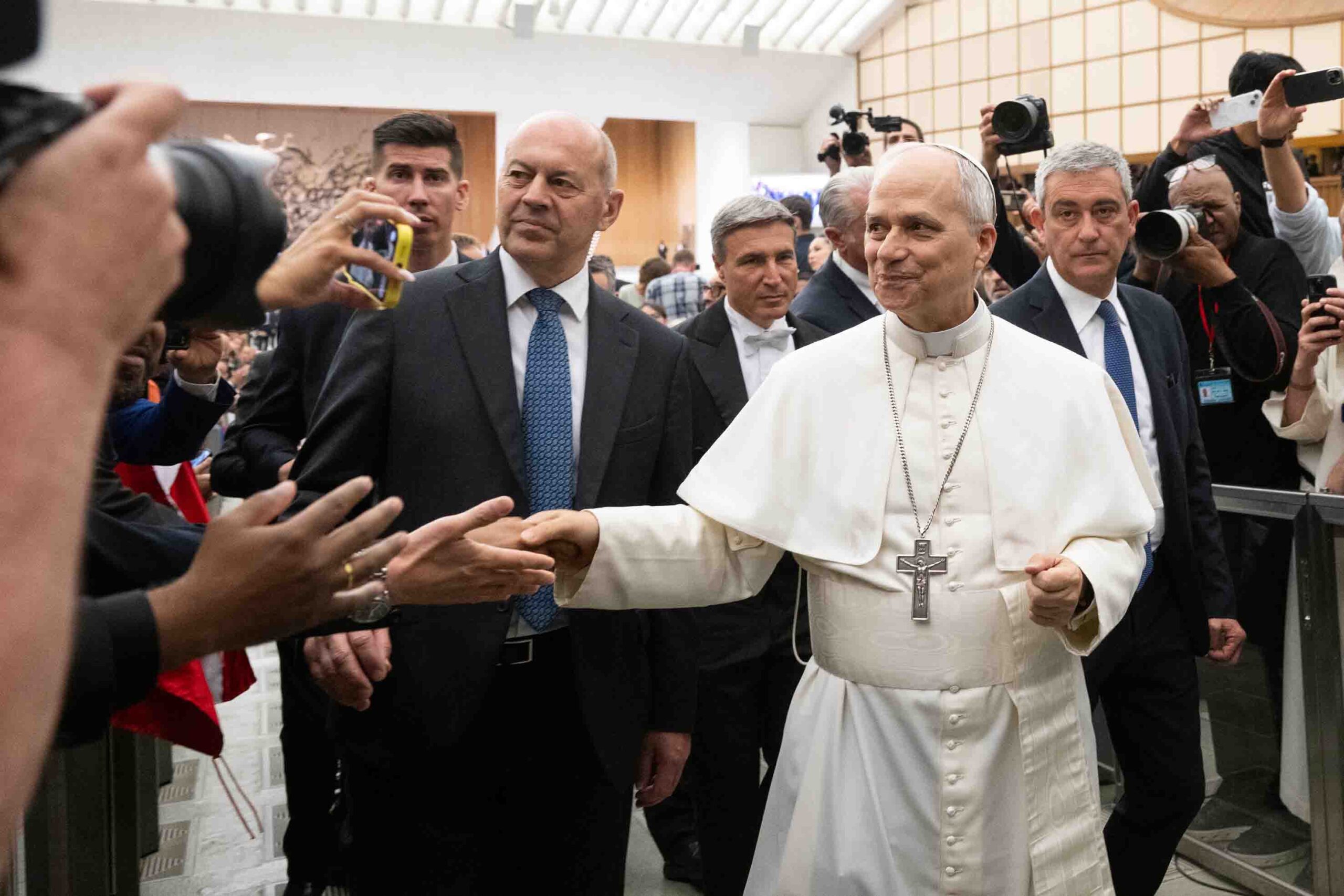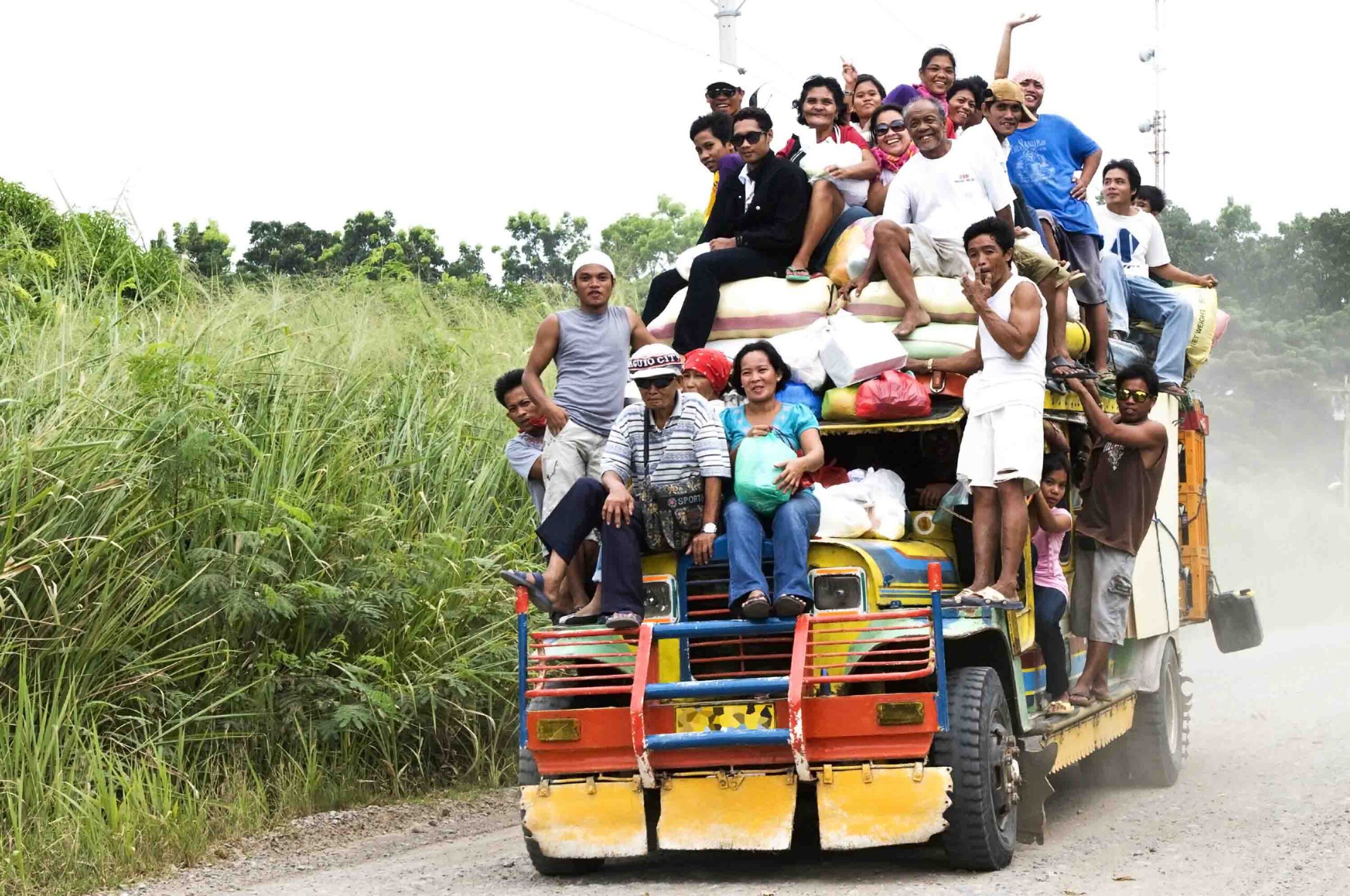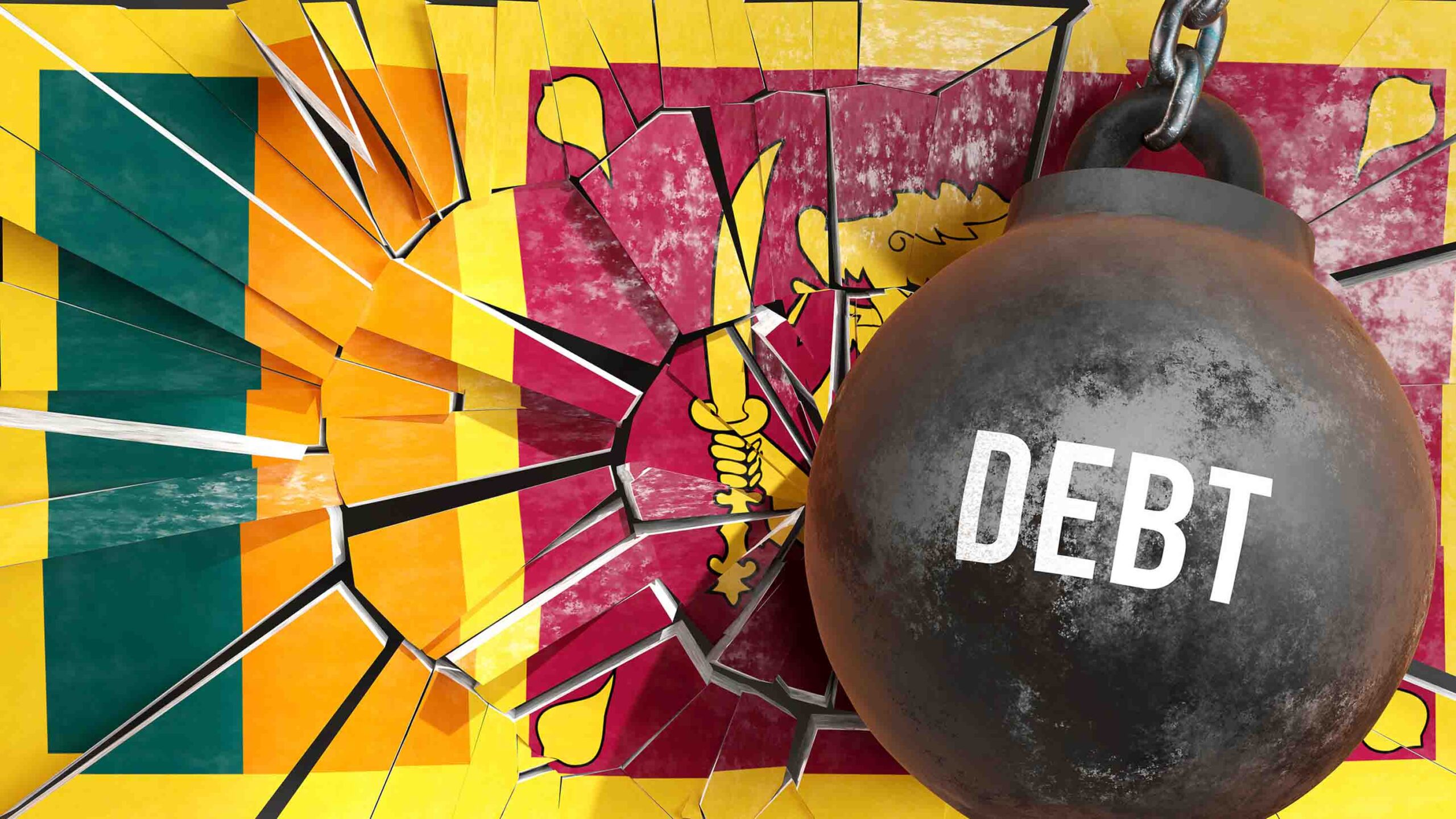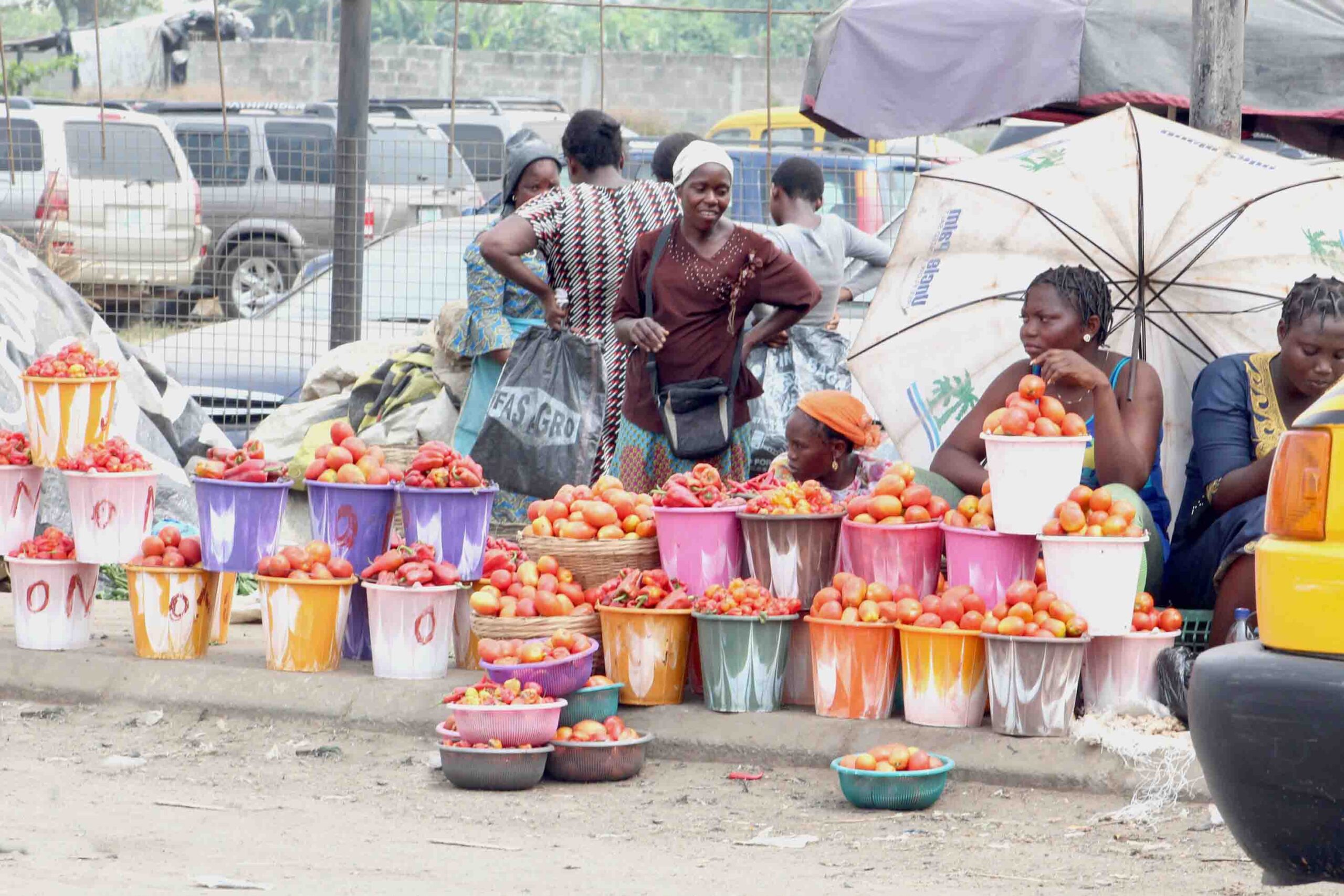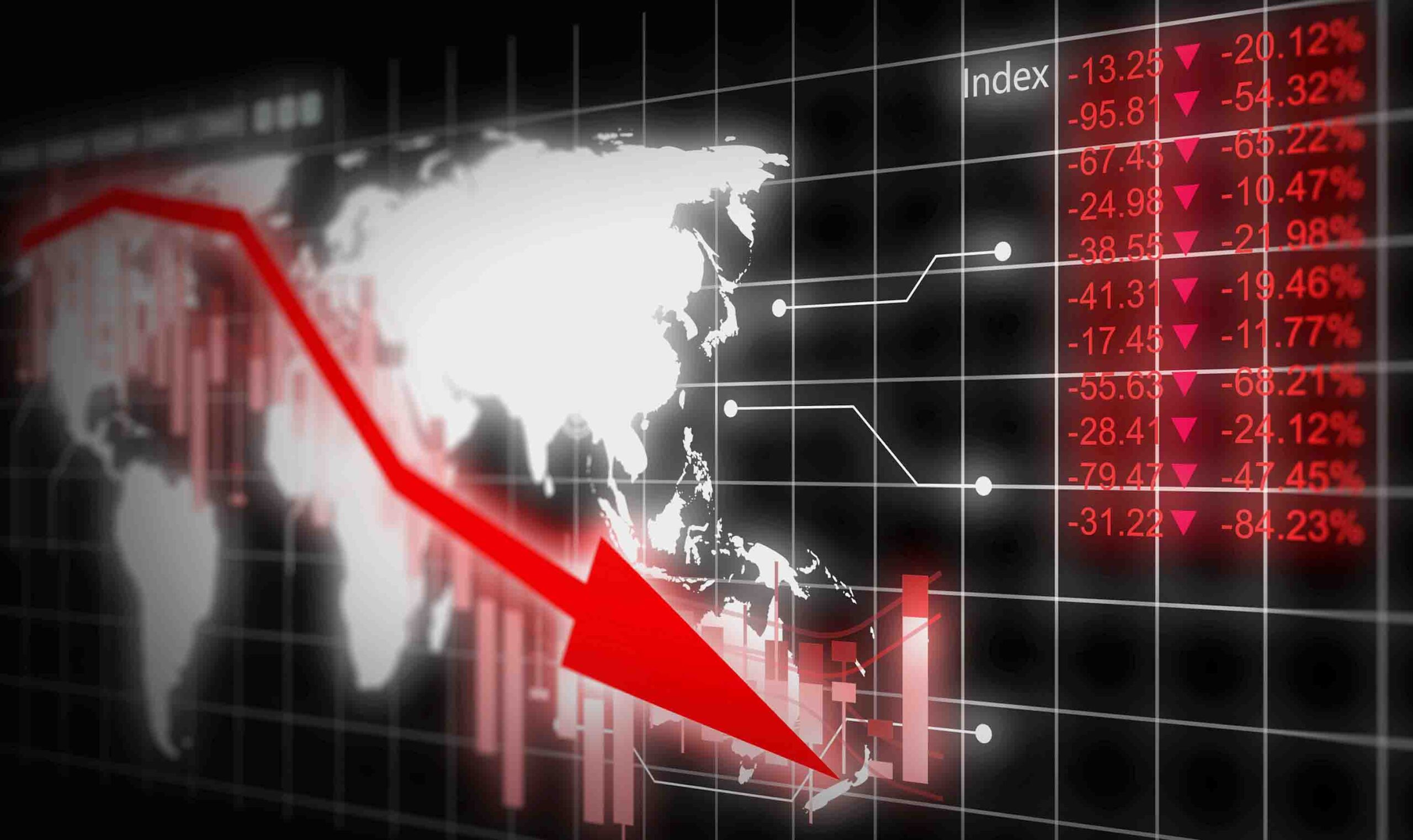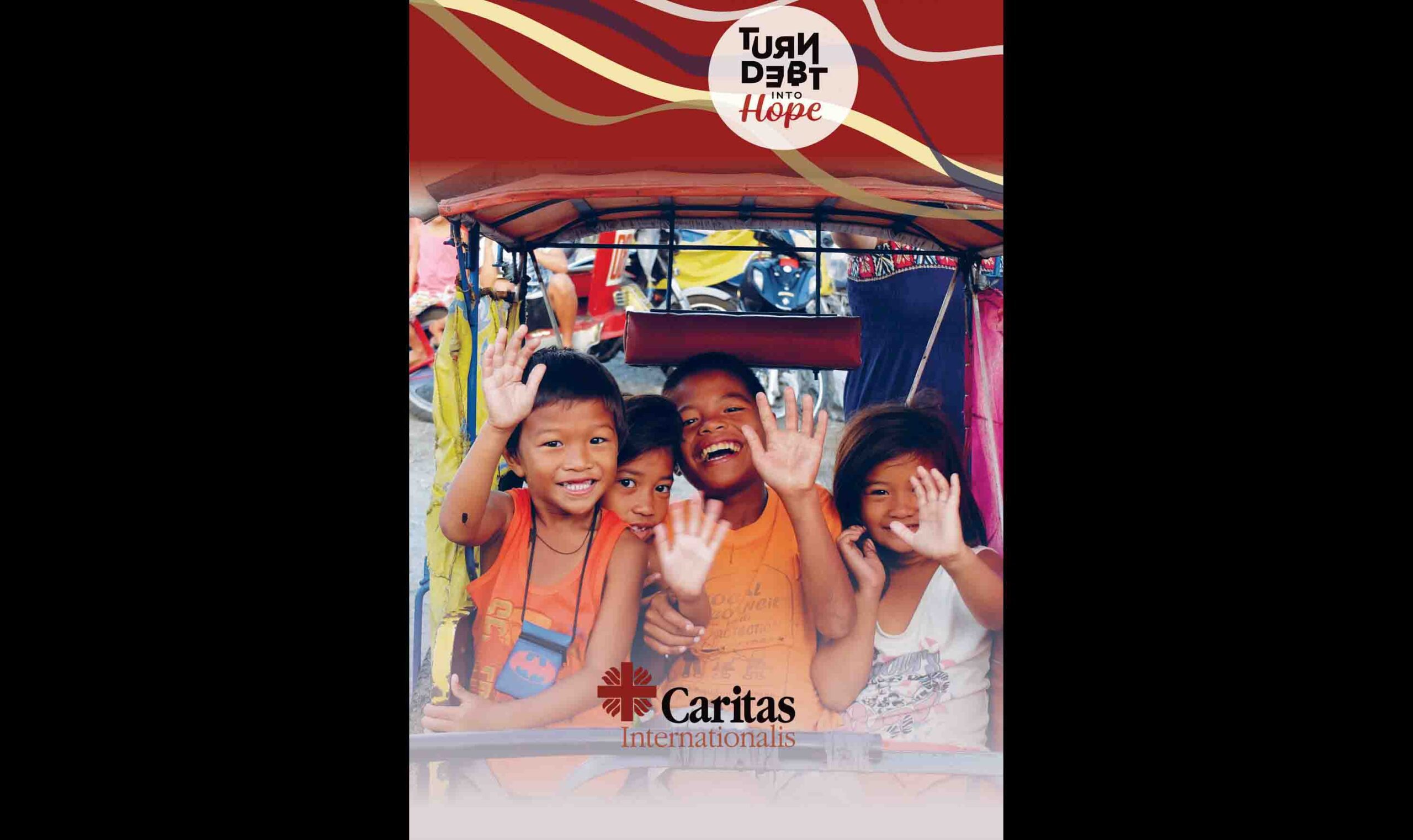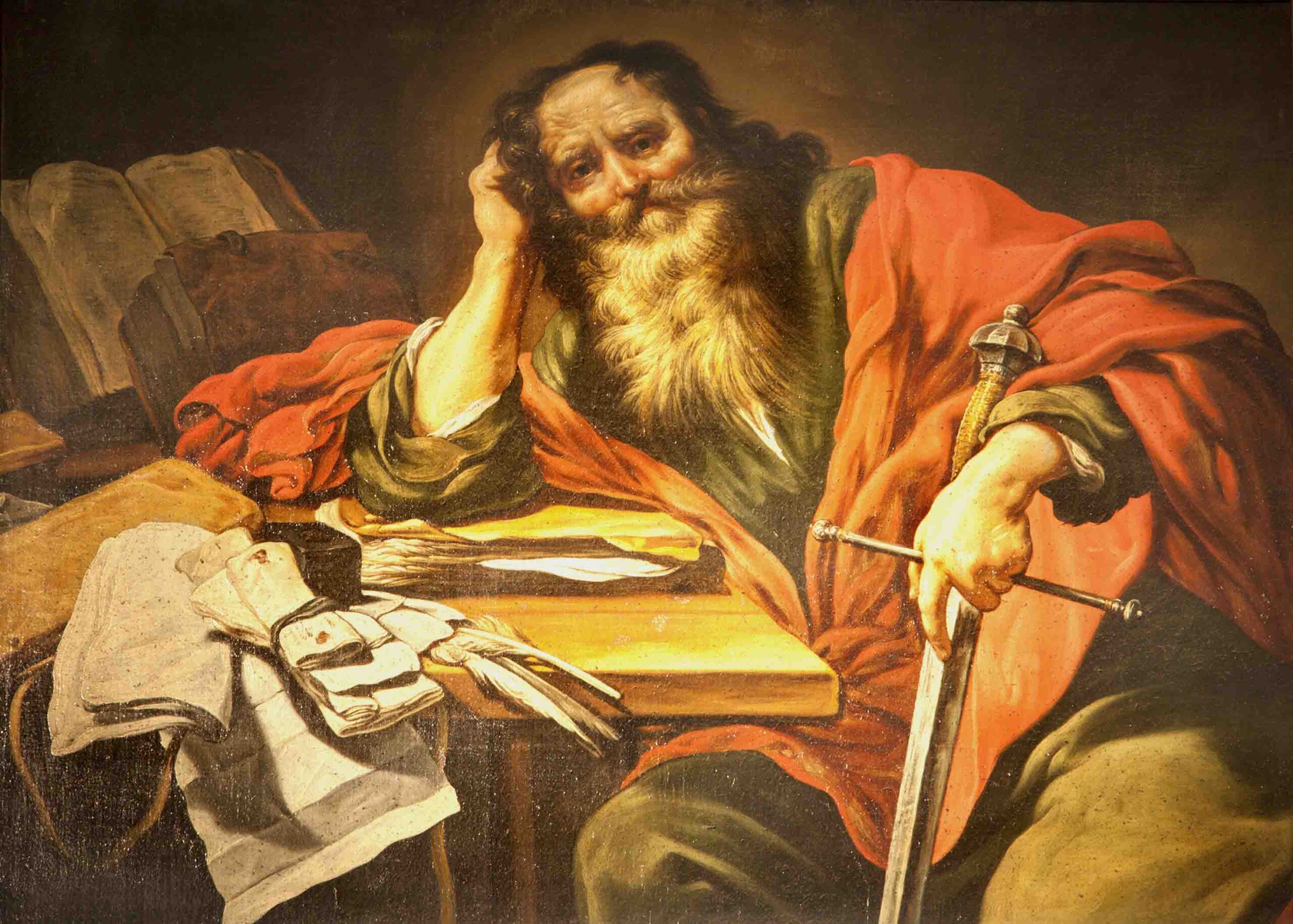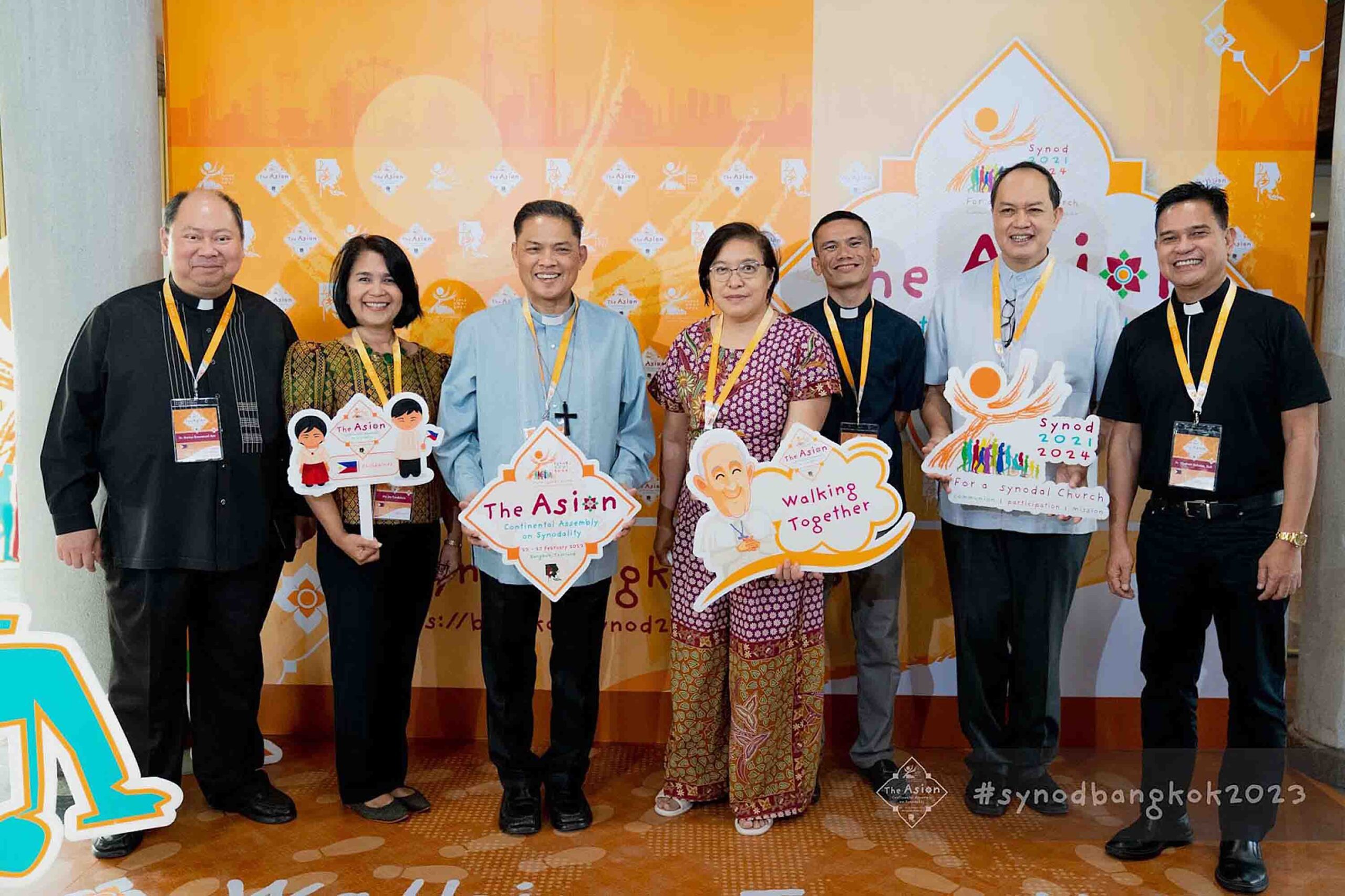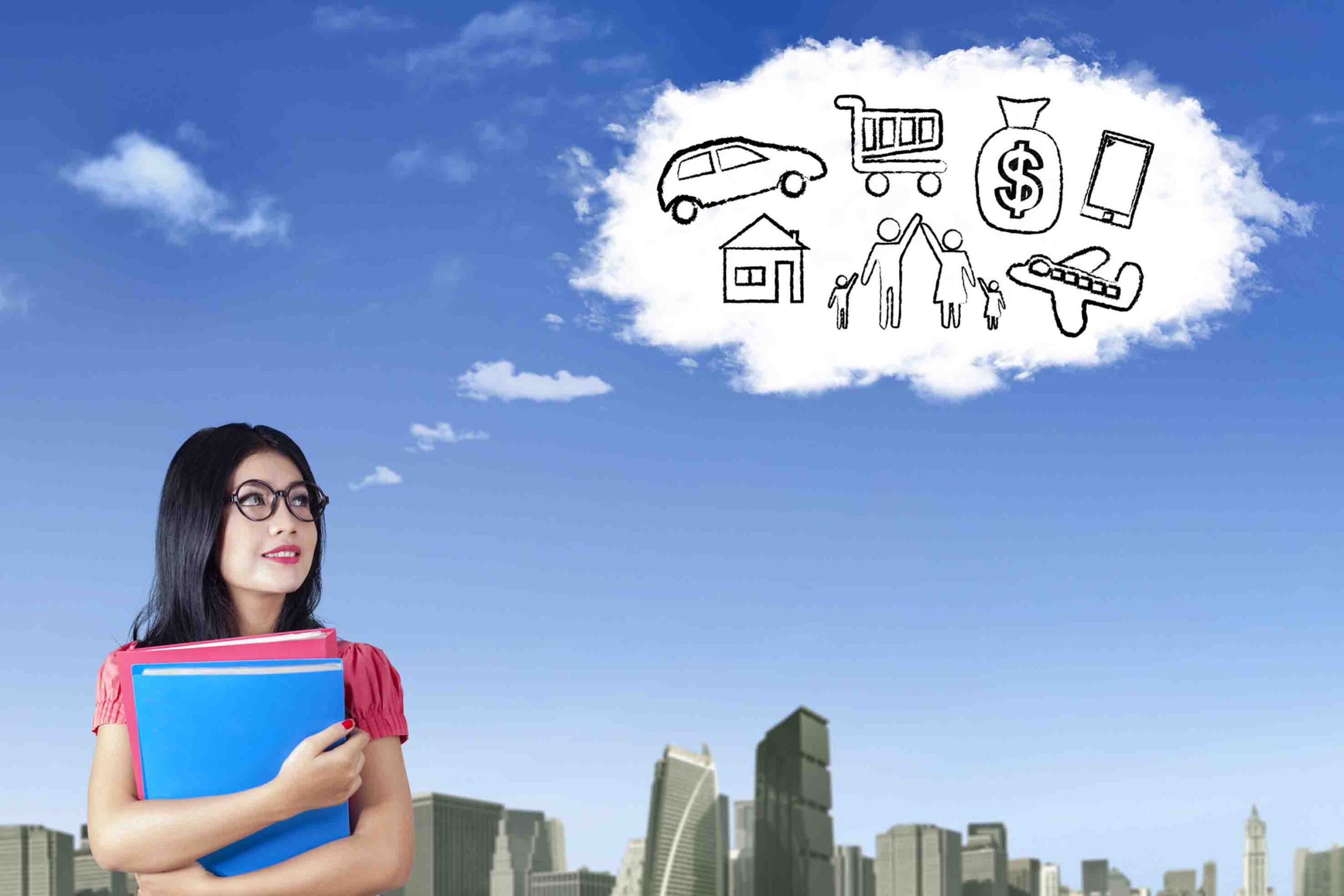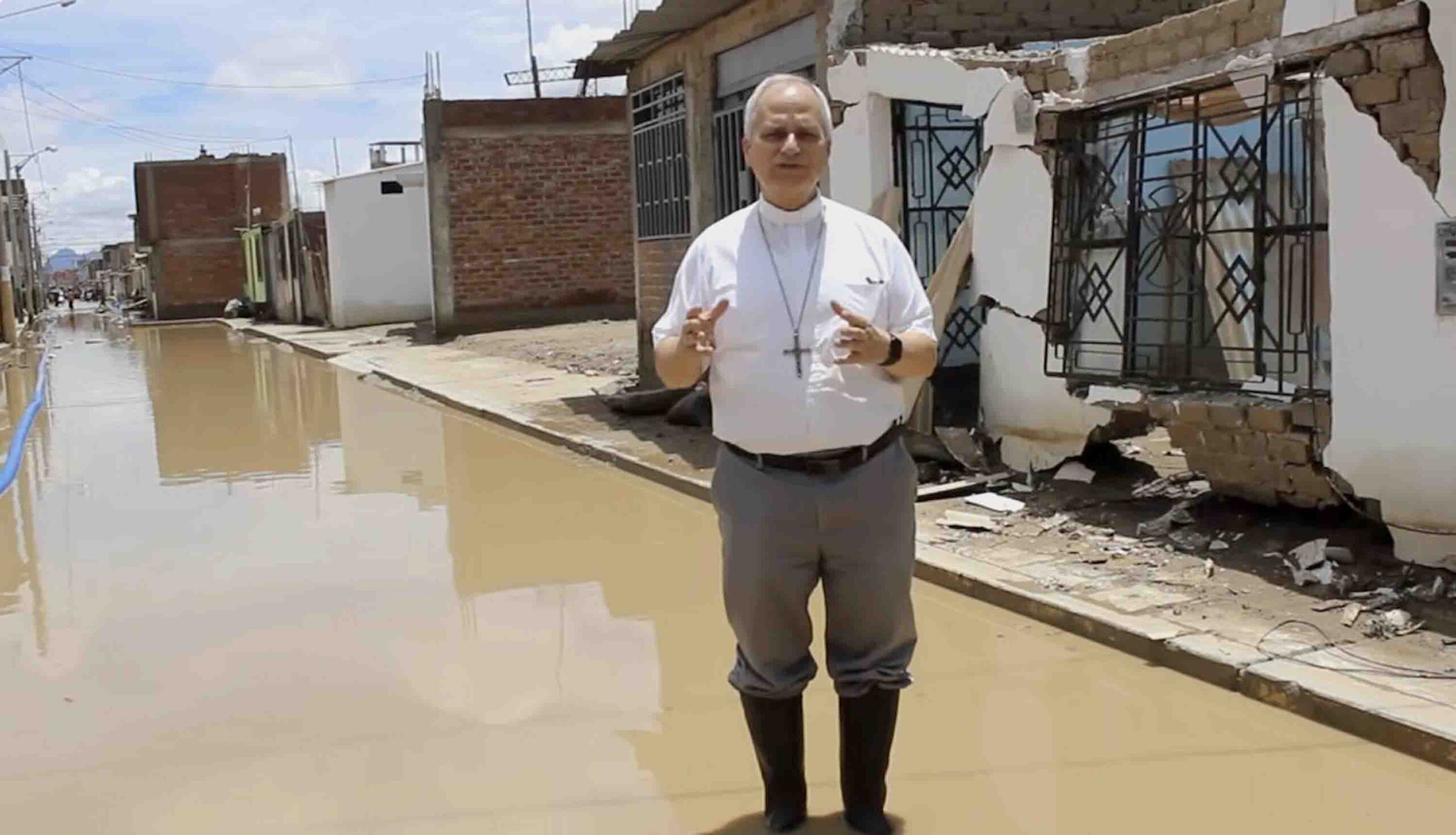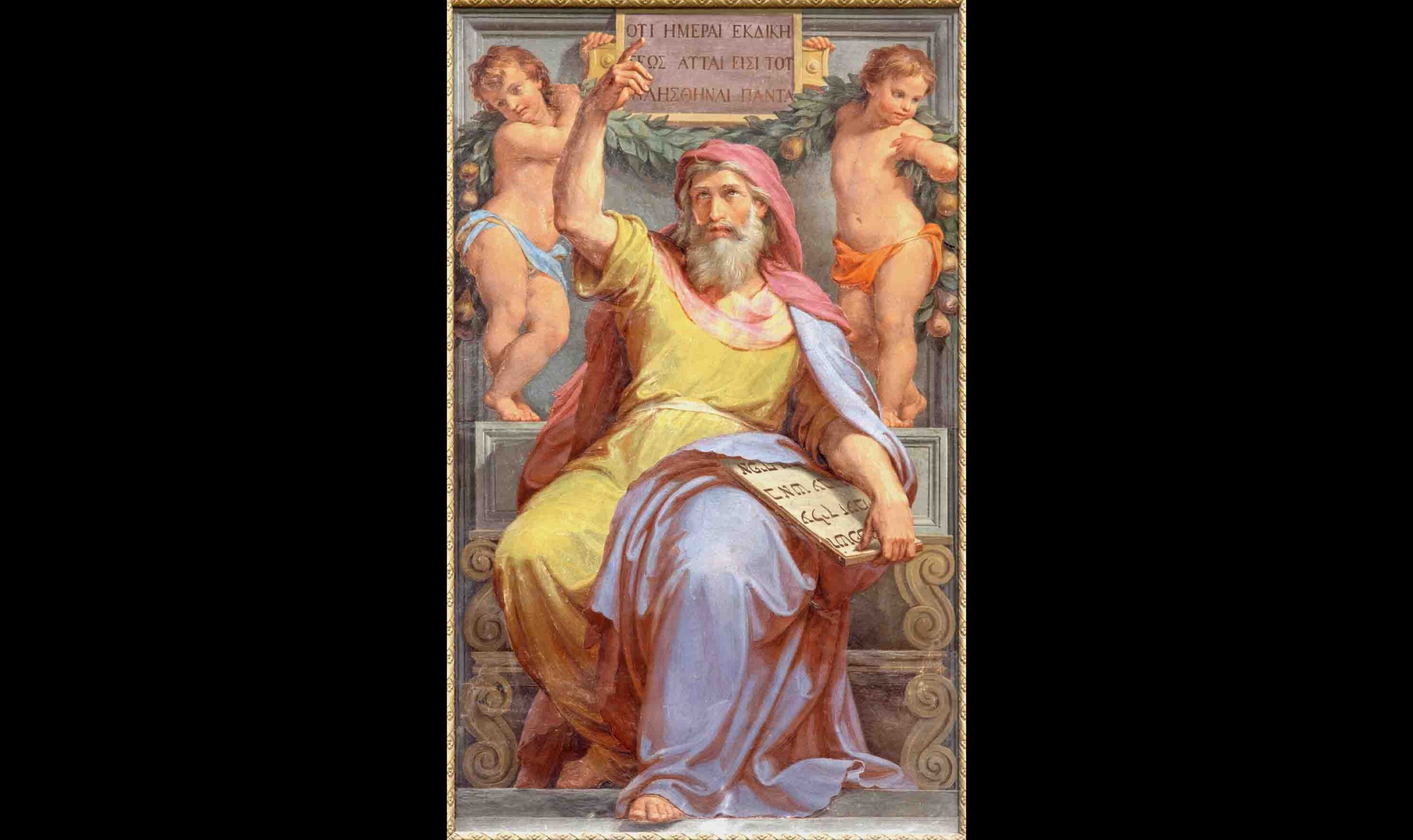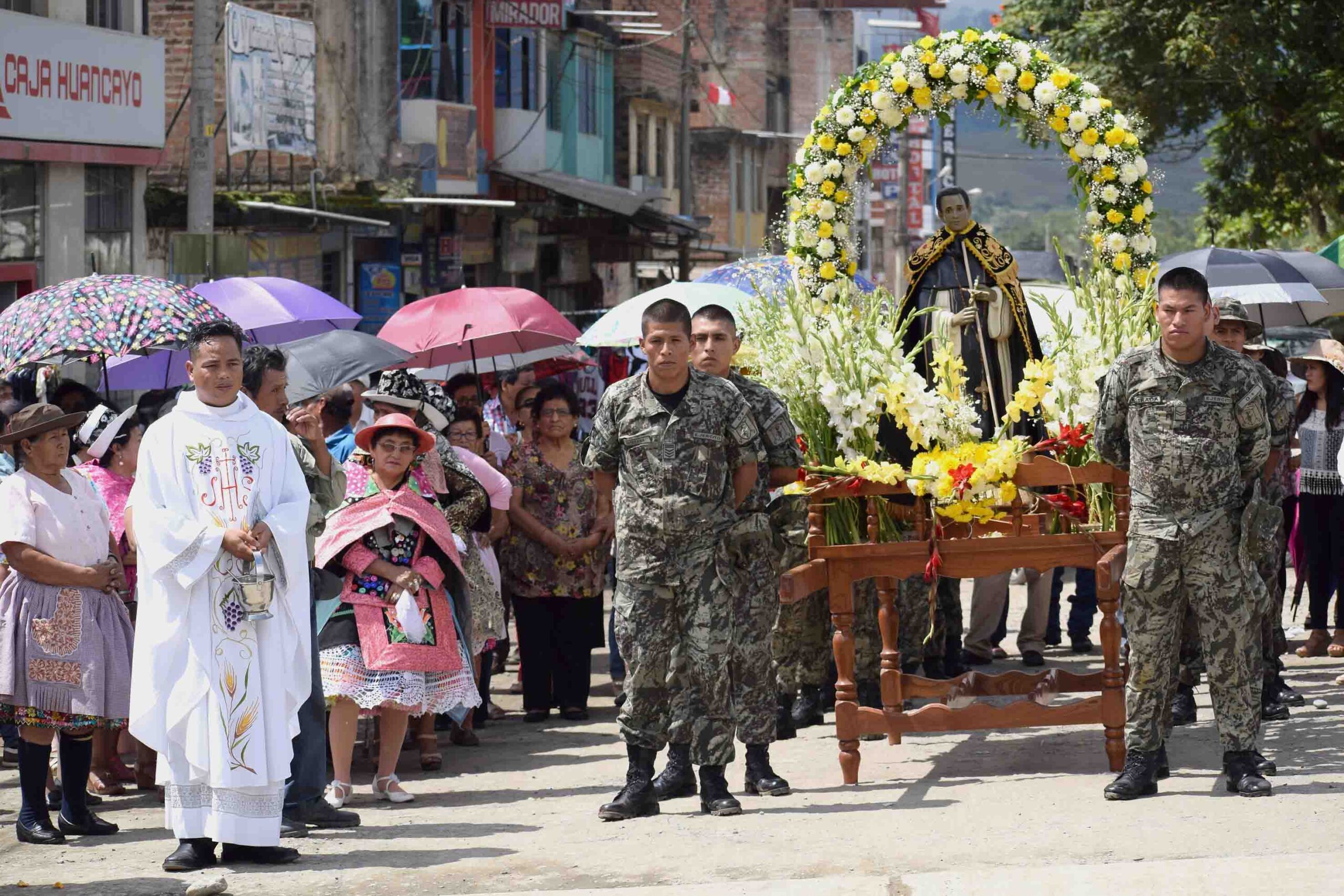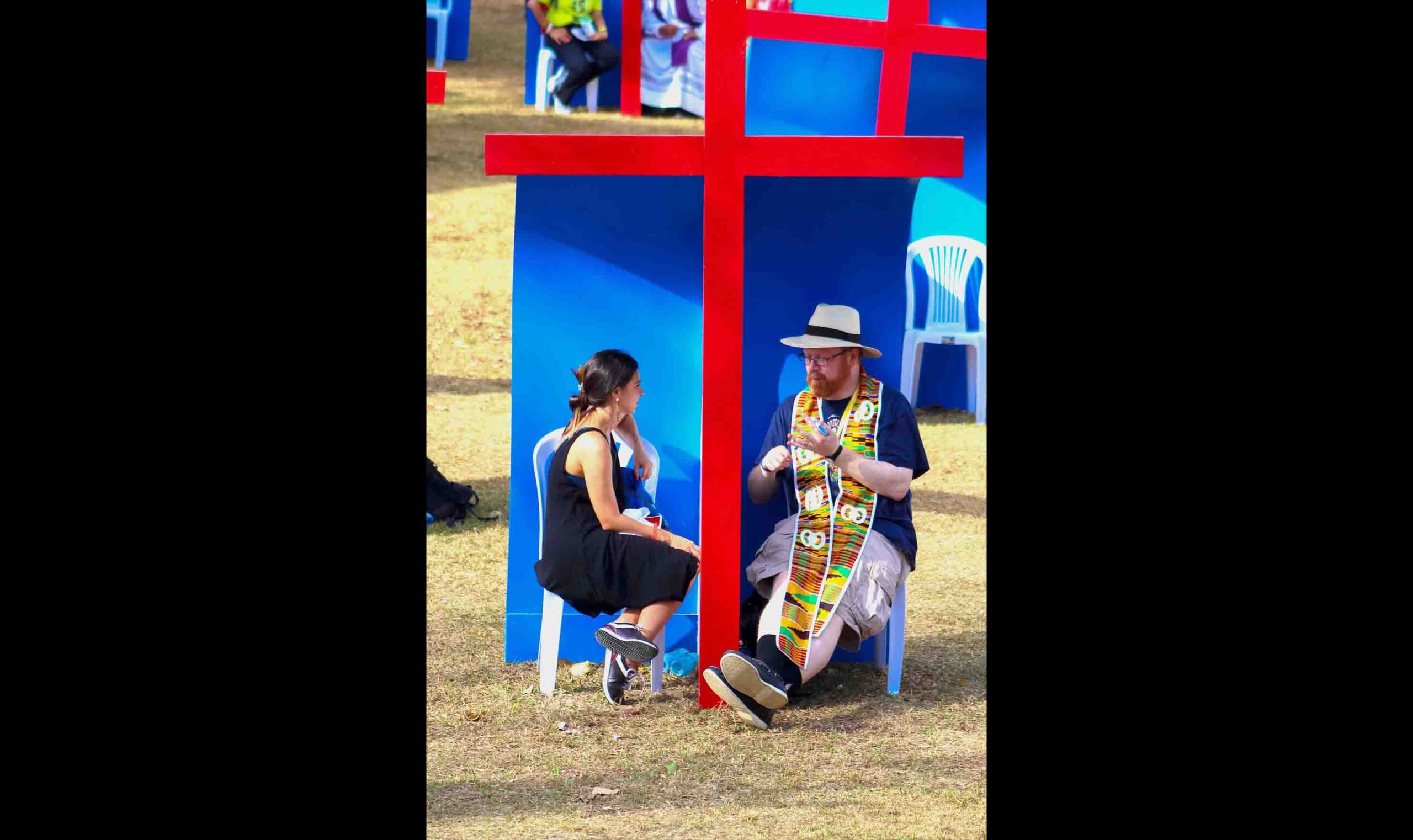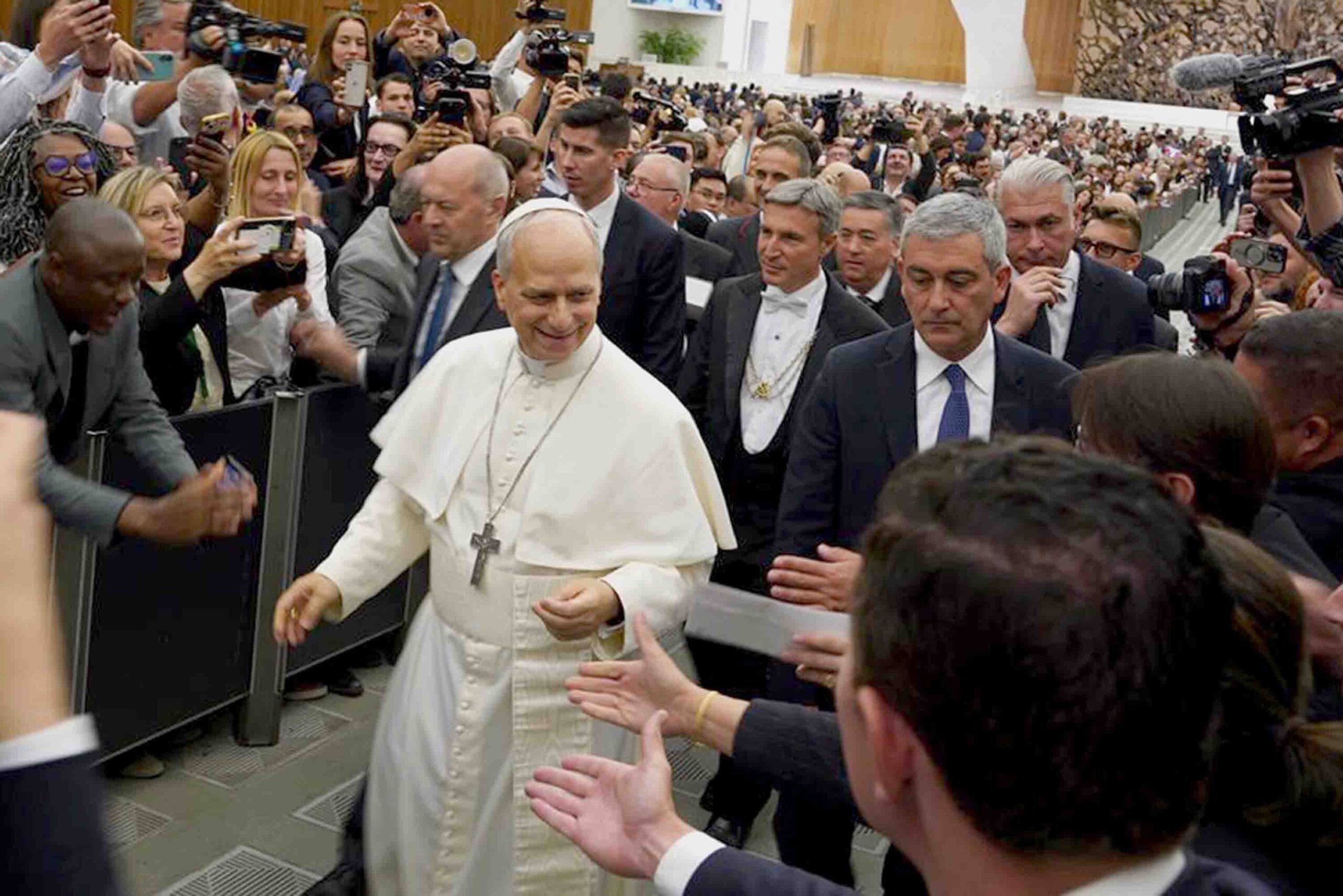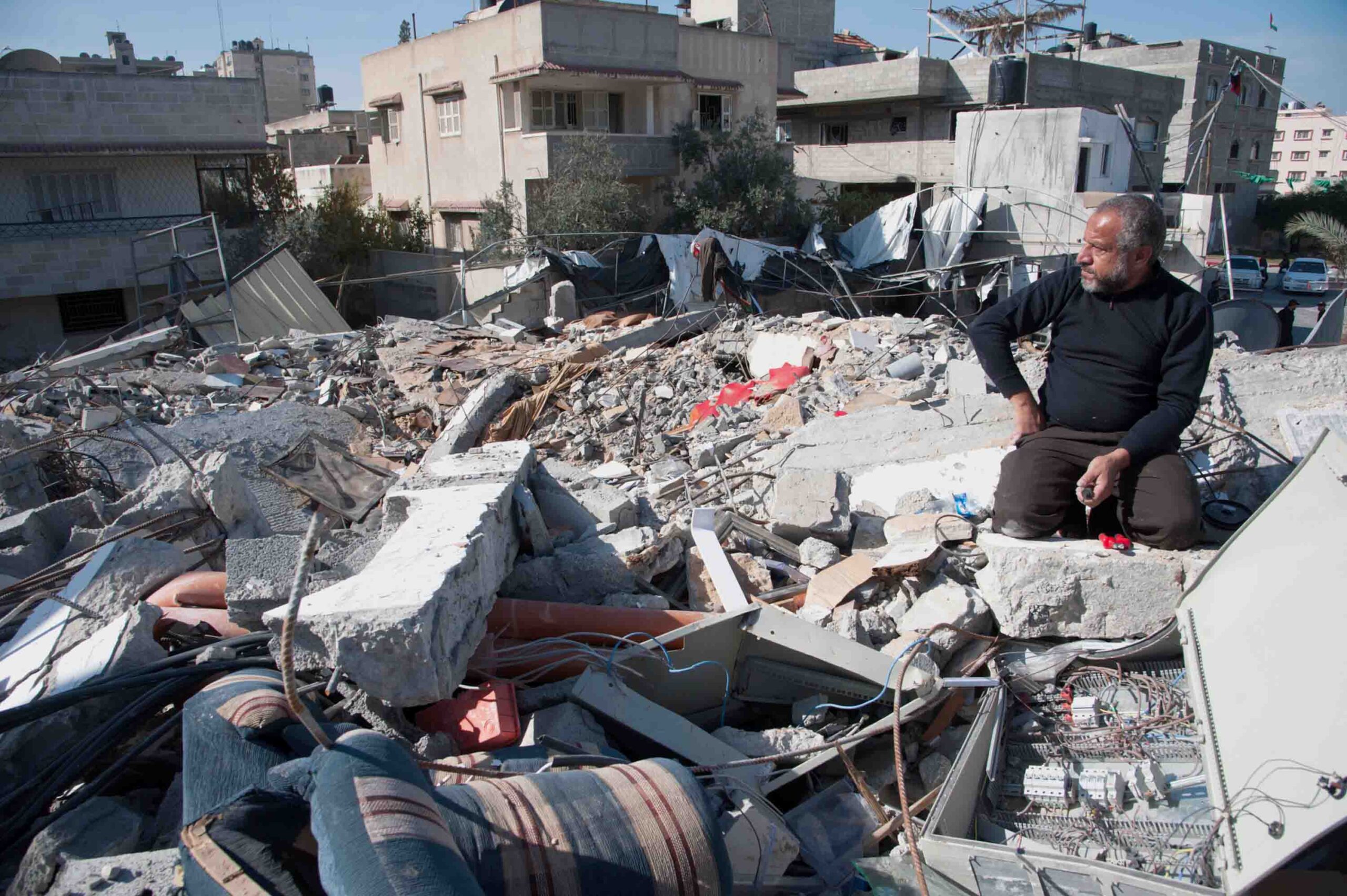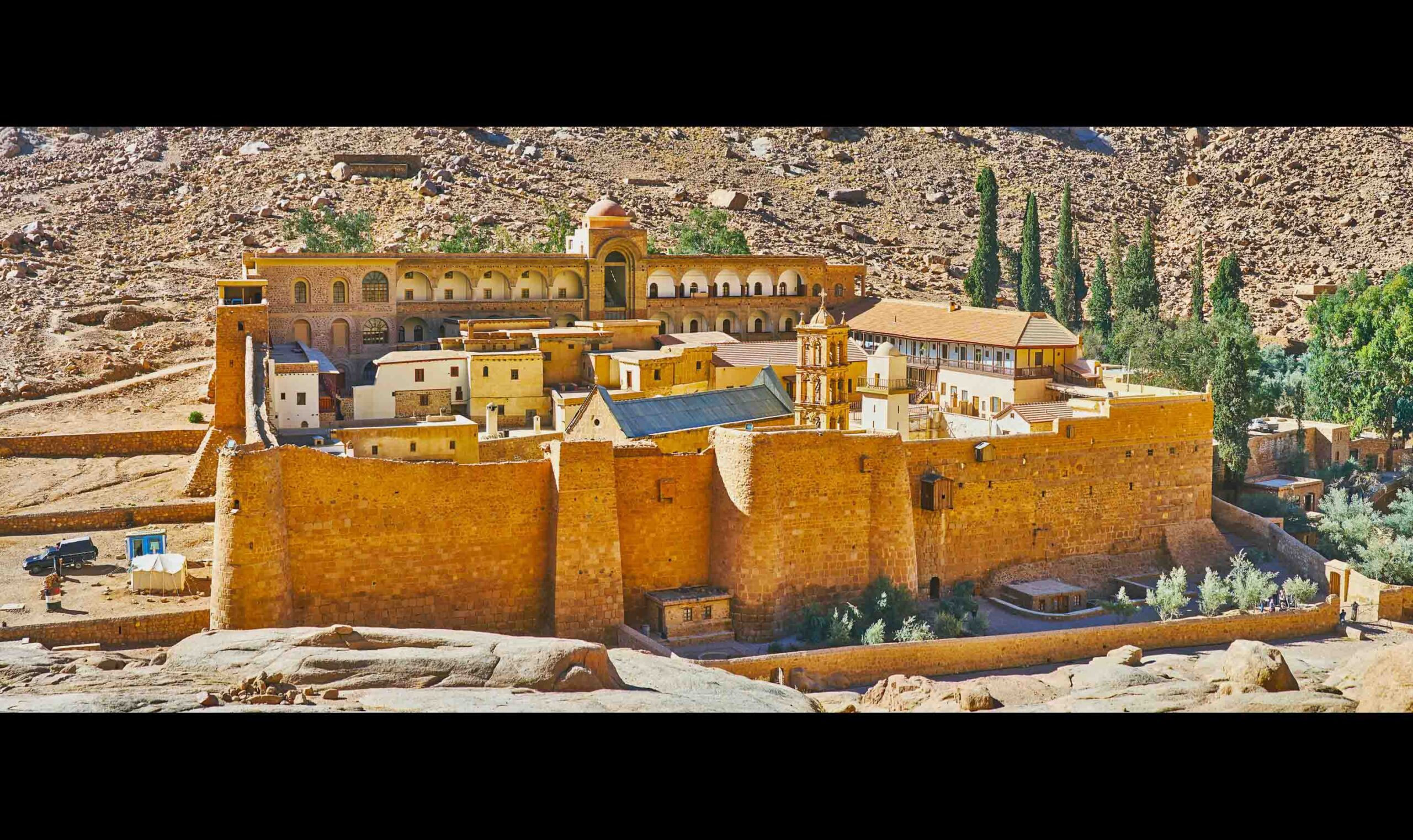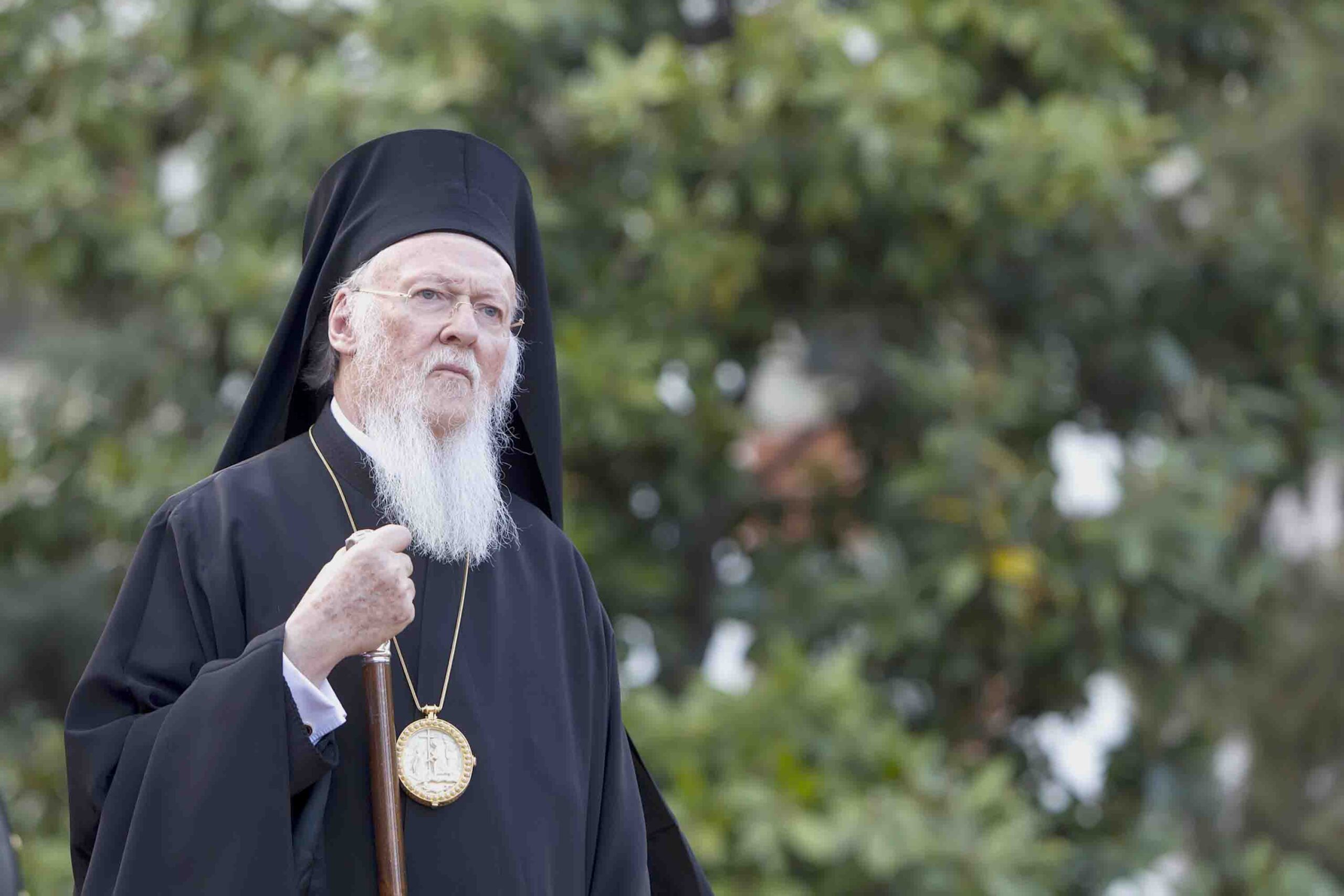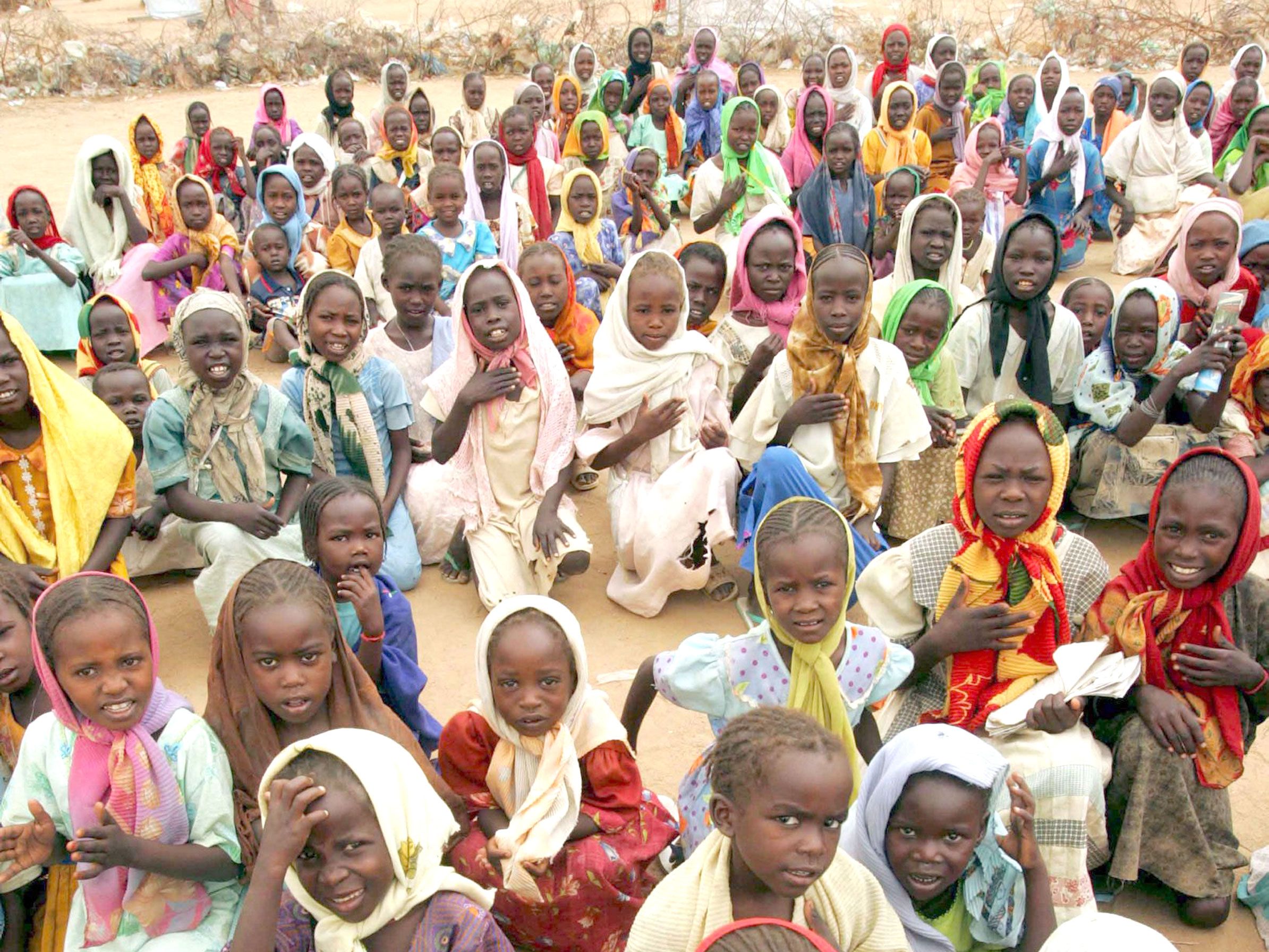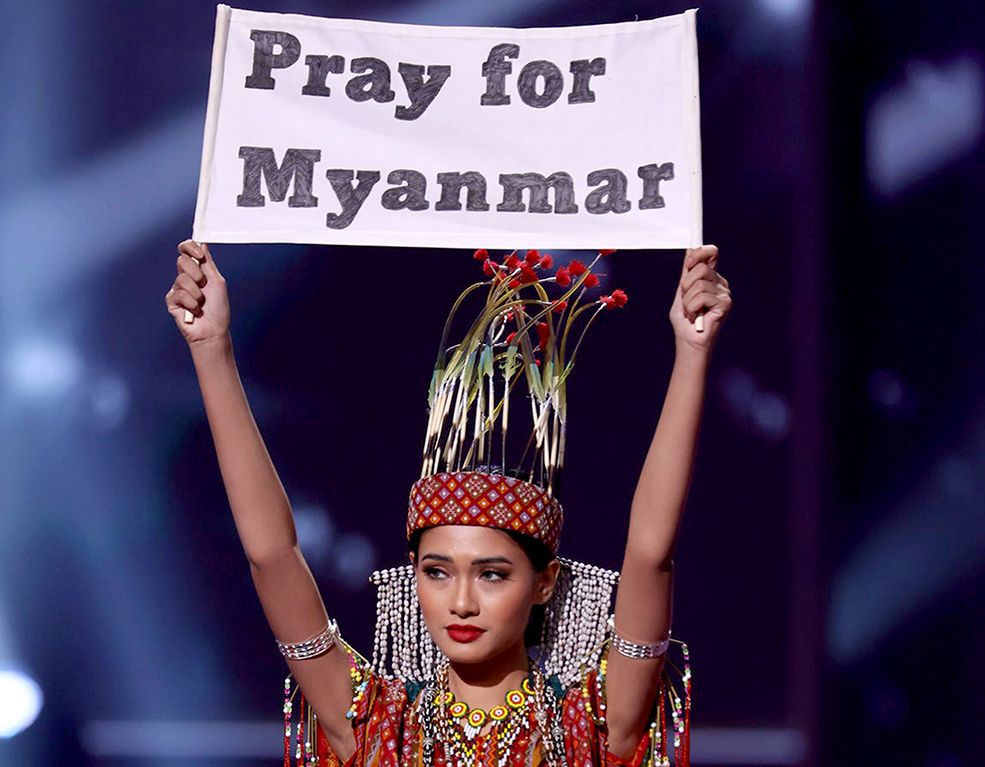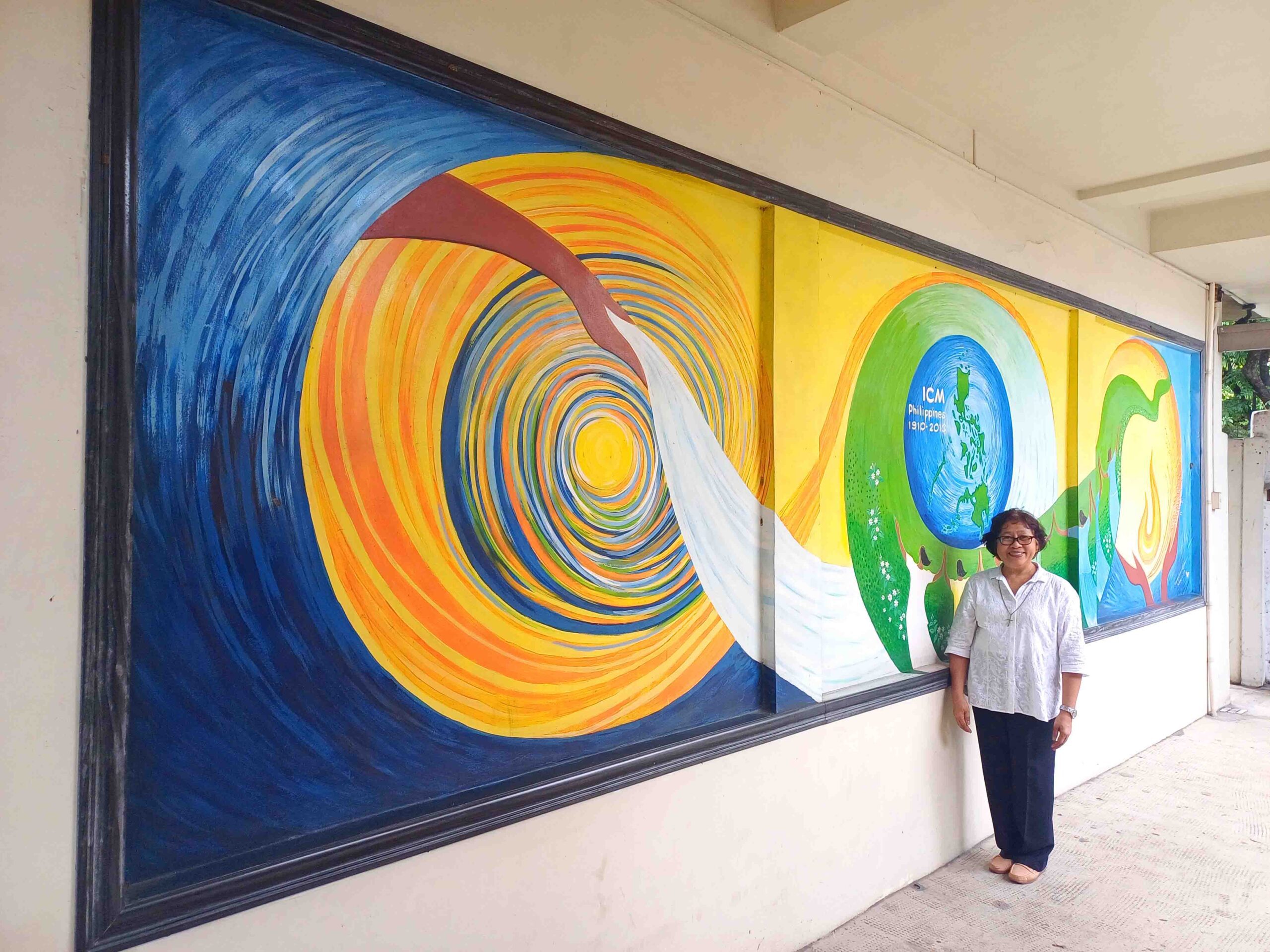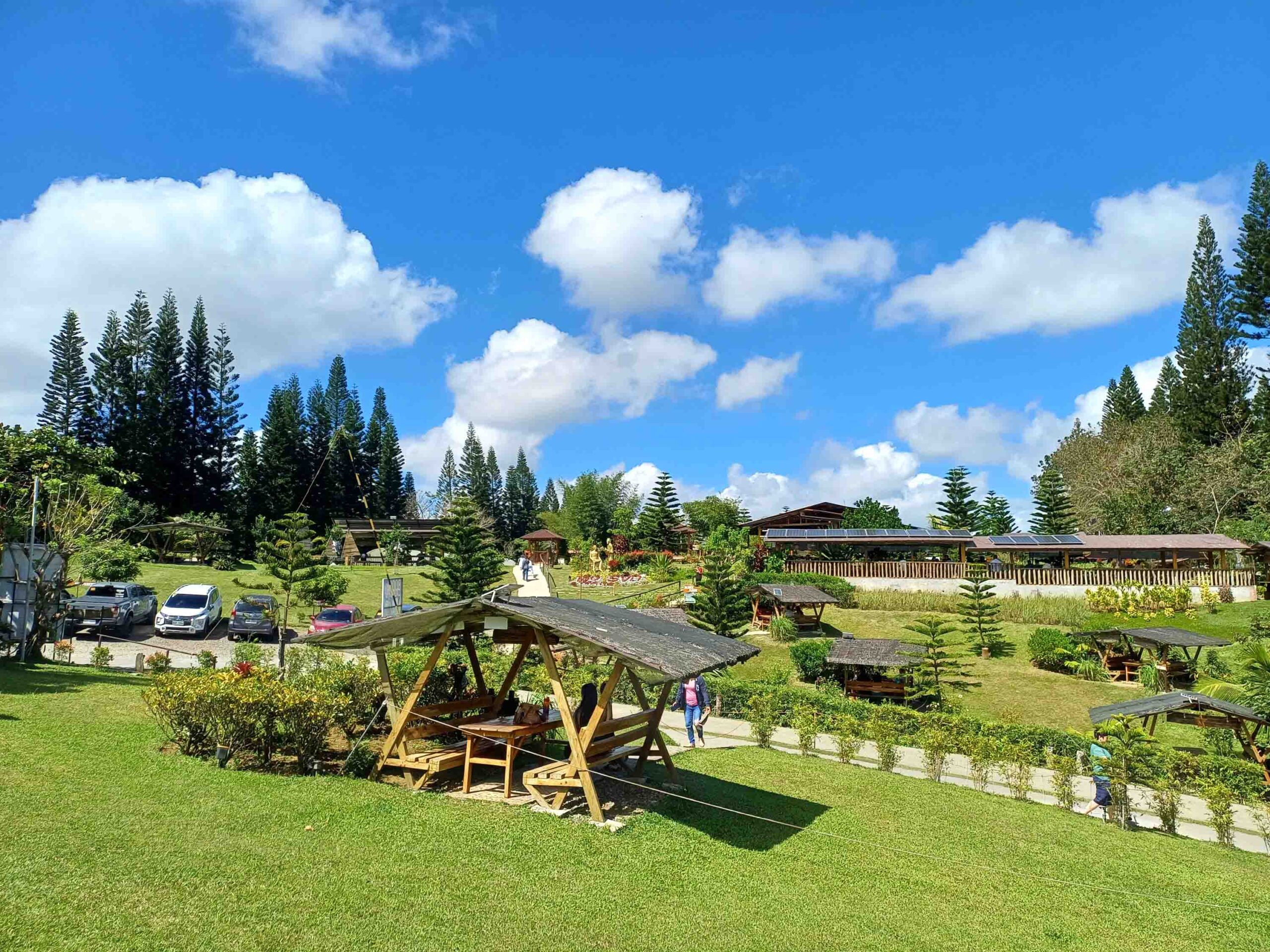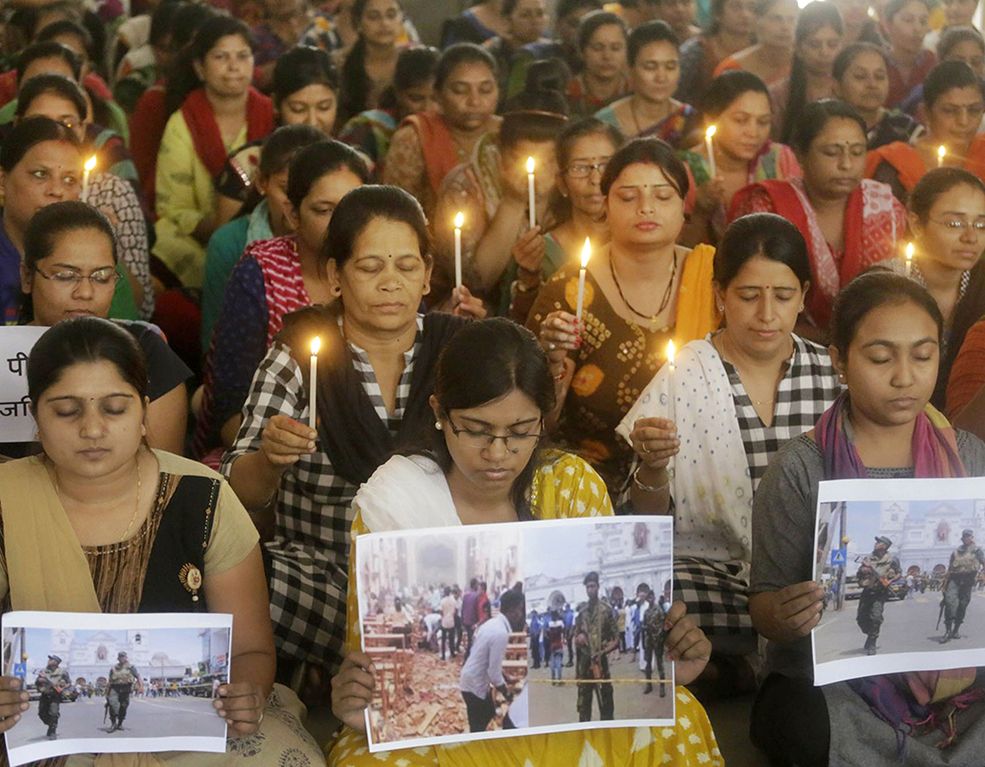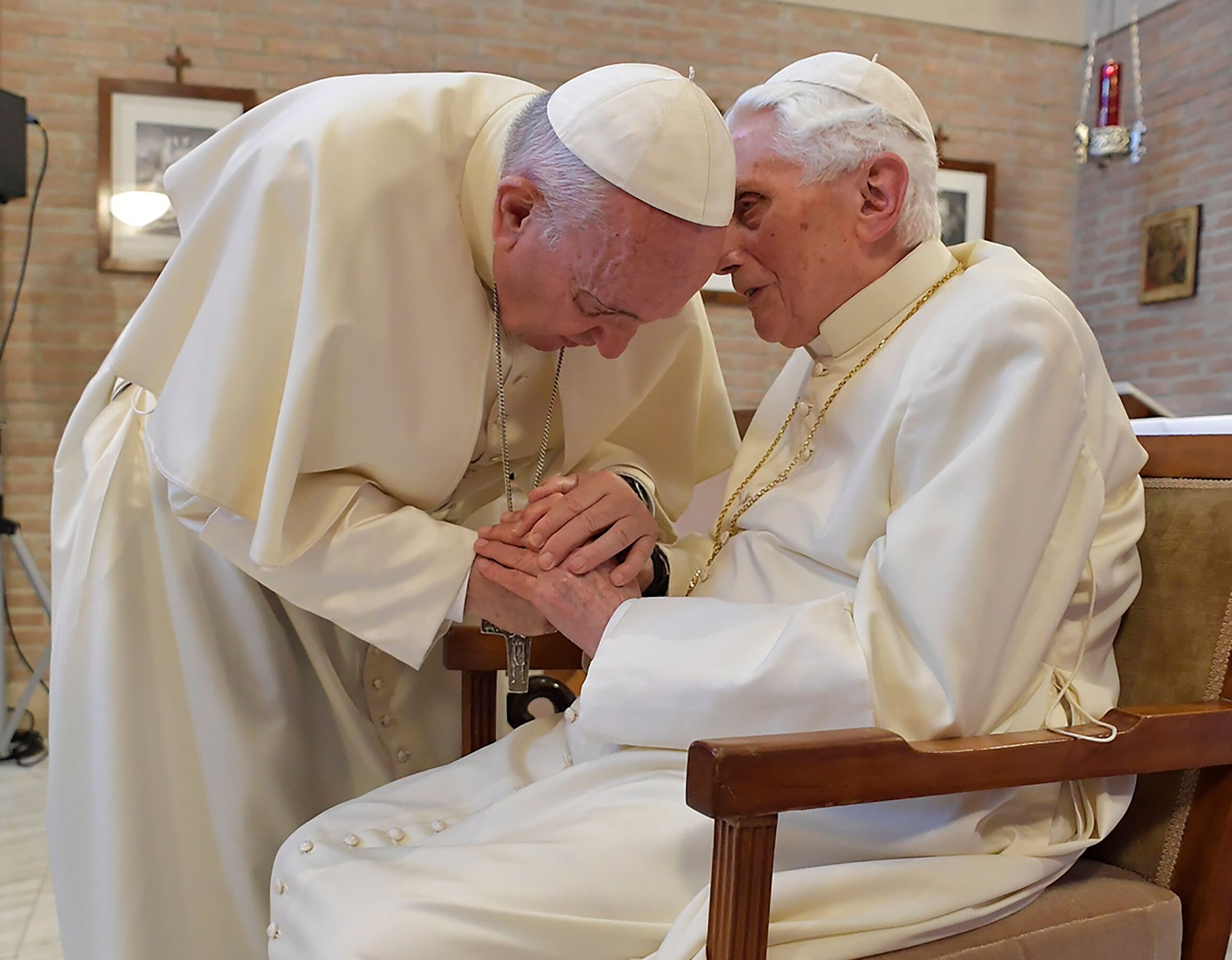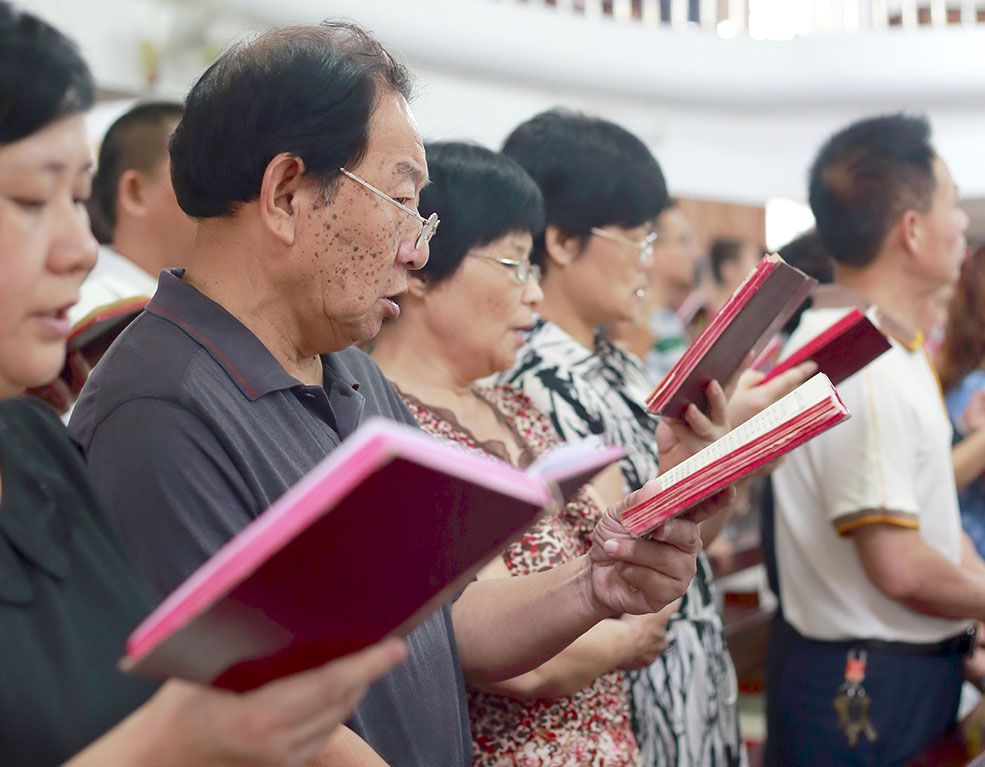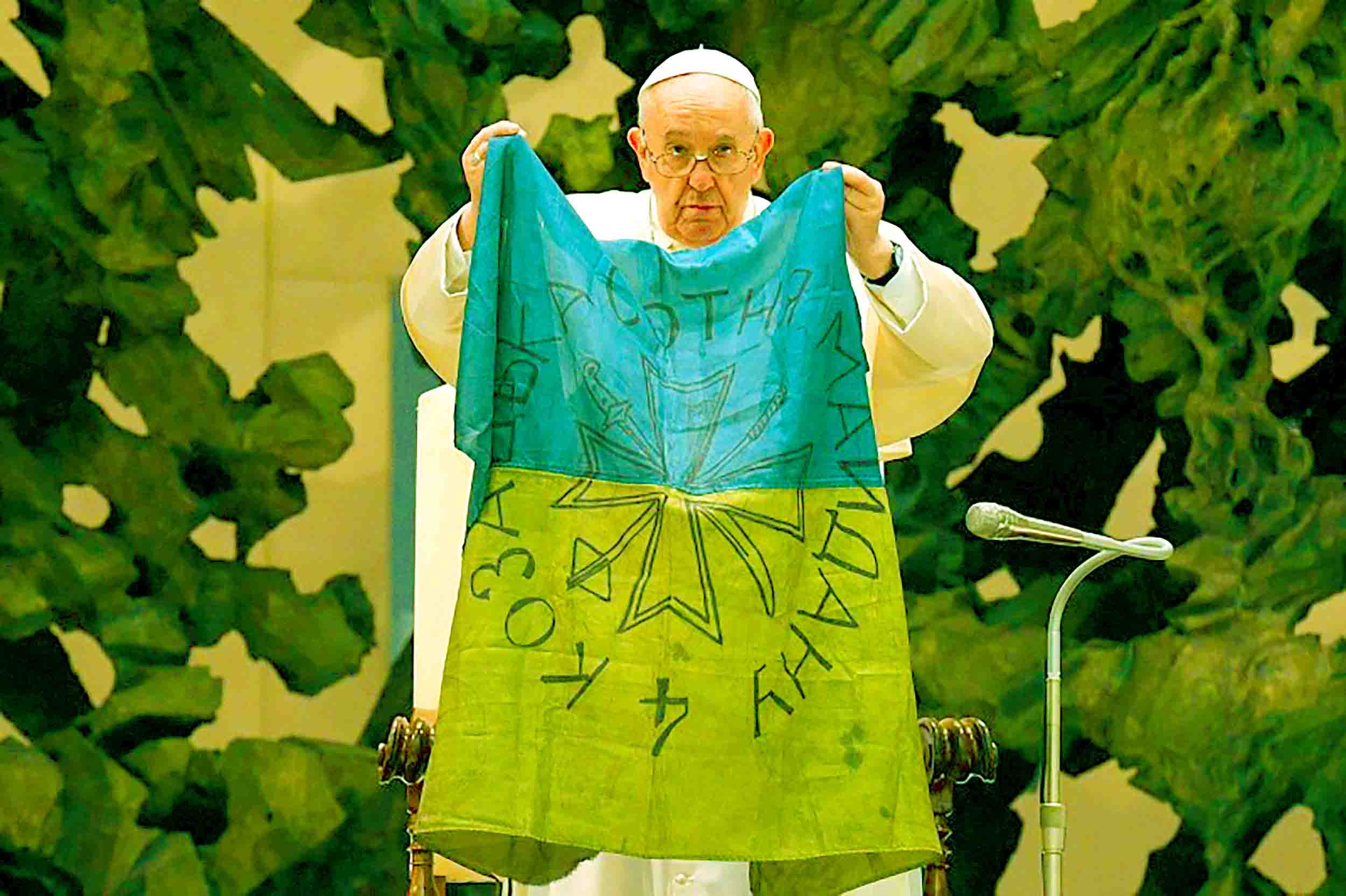Pope Leo XIV was born Robert Francis Prevost in Chicago, Illinois, on September 14, 1955, to Mildred Prevost and Louis Marius Prevost. His mother was a graduate of library science, his father was a World War II US Navy veteran and a school superintendent. His parents gave him two older brothers–Louis and John.
Growing up, he went to St. Mary of the Assumption Church parish school where he graduated in 1968. Then he attended St. Augustine Seminary High School in Michigan. After high school, he went to Villanova University in Pennsylvania where he graduated with a bachelor of science in mathematics in 1977. In the same year, he joined the Augustinian Order. He took his first vows in 1978 and solemn vows in 1981.
He attended Catholic Theological Union in Chicago and earned his master of divinity degree in 1982. While studying at Catholic Theological Union, he taught physics and mathematics at St. Rita of Cascia High School also in Chicago.
He was ordained a priest in 1982. Then he went to the Pontifical University of St. Thomas Aquinas in Rome and earned licentiate (1984) and doctorate (1987) degrees in canon law.
MISSION IN PERU
In 1985, he joined an Augustinian mission in Peru. As a young missionary, he spent his formative years in the economically challenged northern part of the country. He was chancellor of the Territorial Prelature of Chulucanas–a post he held from 1985 t0 1986. He also led the Augustinian seminary in Trujilo, a coastal city in northwestern Peru. He taught canon law in the diocesan seminary.
During his years in Peru, he criticized Alberto Fujimori, the Peruvian president of Japanese descent, for his crimes and corruption. Fujimori was charged with human rights abuses, murder, kidnapping, embezzlement, abuse of power, and corruption. He was convicted and sentenced to 25 years in prison, but was pardoned by President Pedro Pablo Kuczynski in 2017.
Pope Leo XIV was elected prior provincial of the Augustinian Order’s Province of Our Mother of Good Counsel in Chicago in 1998.
In 2001, he was elected Prior General of the Augustinian Order–a post he held for two six-year terms until 2013. He also served as director of formation at the Convent of St. Augustine in Chicago from 2013 to 2014.
In 2014, he returned to Peru when Pope Francis appointed him as apostolic administrator of the Diocese of Chiclayo in November of the same year. He was already a naturalized citizen of Peru before he became a bishop of Chiclayo the following year.
He holds dual citizenship and speaks five languages–English, Spanish, Italian, French, and Portuguese. He also learned Quechua–the sacred Incan language that originated in central Peru and spread to other countries in the Andes. He was Chiclayo’s bishop until 2023.
In Peru, he drove a white pickup truck loaded with bags of food and supplies for people affected by floods and heavy rains. He crossed waters to personally hand the food and supplies to the people in need of assistance. He immersed among the poor. He transported the sick on donkeys.
In July 2019, he became a member of the Dicastery of the Clergy–the Dicastery of the Roman Curia that oversees priests and deacons who are not members of any religious orders.
During the COVID-19 pandemic, he helped get oxygen to people. Accompanied by priests, he also walked on empty streets of Chiclayo carrying the monstrance in his hands and praying in front of the houses to keep the people safe from the deadly virus.
In April 2020, he became apostolic administrator of the diocese of Callao in Peru and joined the Dicastery of Bishops in November of the same year. This Dicastery, formerly known as Congregation of Bishops, is the department of the Roman Curia responsible for the oversight of the selection of new bishops.
When he was a cardinal and the prefect of the Dicastery of Bishops, Prevost supported Pope Francis’ changes that permitted women and non-ordained men to hold posts in Vatican Dicasteries.
In 2023, he was called from Peru to Rome and appointed as Prefect of the Vatican Dicastery for Bishops; his duties included oversight of the evaluation and recommendation of episcopal candidates. In the same year, he was also appointed President of the Pontifical Commission for Latin America.
CARDINAL
He shied from media exposure, but his acts were loudly heard in the Andes and Rome. The year 2023 had been fruitful for his career as a priest. In the same year, Pope Francis created him a cardinal.
Also in 2023, he was appointed member of seven dicasteries: Doctrine of Faith, Evangelization, Eastern Churches, the Clergy, Institute of Consecrated Life and Societies of Apostolic Life, Culture and Education, and Legislative Texts. He was also appointed a member of the Pontifical Commission for Vatican City State.
Two years later, he was promoted from the rank of cardinal deacon to cardinal bishop in 2025. In the same year, he was elected as successor to Pope Francis and chose the name Leo.
The first Pope of the name Leo was Pope Leo the Great, who led the church from 440-461. The last Pope to choose the name was Leo XIII, who led the church from 1878 to 1903.
“I decided to take the name Leo XIV,” he explained. “There were many reasons, but mainly Pope Leo XIII, who in his historical encyclical Rerum Novarum, addressed the social question in the context of the first great industrial revolution. In our own day, the church offers to everyone the treasury of her social teaching in response to another industrial revolution, and to developments in the field of artificial intelligence that pose new challenges for the defense of human dignity, of justice and of labor.”
After the fourth vote on May 8, Prevost, 69, became the 267th Pope–the first Pope from the US and the Augustinian Order in the 2,000-year history of the Catholic Church. Ten years ago, he was still a priest.
The American cardinals said his service to the poor and the church, not his American roots, elevated him to the papacy. He regularly exercised his right to vote in US elections in the past two decades. He cast an absentee ballot in presidential elections.
The Peruvians, who love him well, celebrated his election as successor to Pope Francis on May 8, 2025. Pope Leo promised to continue Pope Francis’ works. In his first formal audience, he repeatedly mentioned to make the church more inclusive, attentive to the people, and a church that cares for the least and the rejected. He is also looking at reforming the Second Vatican Council convened by Pope John XXIII from 1962 to 1965.
Pope Leo XIV is not happy about the immigration policy of the US and will not be silent on it, his older brother John told the New York Times in a recent interview. He believes his brother would not hesitate to speak out against injustices.
“I know he’s not happy with what’s going on with immigration,” John said. I know that for a fact. How far he’ll go with it is only one’s guess, but he won’t just sit back. I don’t think he’ll be the silent one.”
CONTINUE FRANCIS’ WORK
Observers see Pope Leo XIV to continue Pope Francis’ works–embracing migrants and the economically challenged people, and building an inclusive church. In an EWTN video, then-Cardinal Prevost said “The bishop is not supposed to be a little prince sitting in his kingdom, but rather called authentically to be humble, to be close to the people he serves, to walk with them, to suffer with them, and look for ways that he can better live the Gospel message in the midst of his people.”
He was clad like Pope Benedict XVI in the balcony of Saint Peter’s Basilica, but spoke like Pope Francis. In his first Sunday address to the people on May 11, Pope Leo XIV, a known peacemaker and diplomat, appealed to world leaders to end wars. He also called for authentic, just and lasting peace in Ukraine and the liberation of prisoners of war.
“I carry in my heart the suffering of the beloved Ukrainian people,” he told the faithful. “Let us do everything possible to reach a genuine, just and lasting peace as soon as possible. May all prisoners be freed and children be able to return to their families.”
He also appealed for an immediate ceasefire in Gaza and for free flow of humanitarian aid for the people
trapped in the war. He echoed his predecessor. “I am deeply saddened by what is happening in the Gaza Strip,” he said. “Let the fire cease immediately. Let humanitarian aid be provided to the exhausted civilian population and let all hostages be freed.”
He also met with the cardinals and expressed his intention to continue the work of Pope Francis, focusing on making the church more missionary, encouraging collaboration among church leaders, and bringing the church closer to people on the margins of society.

